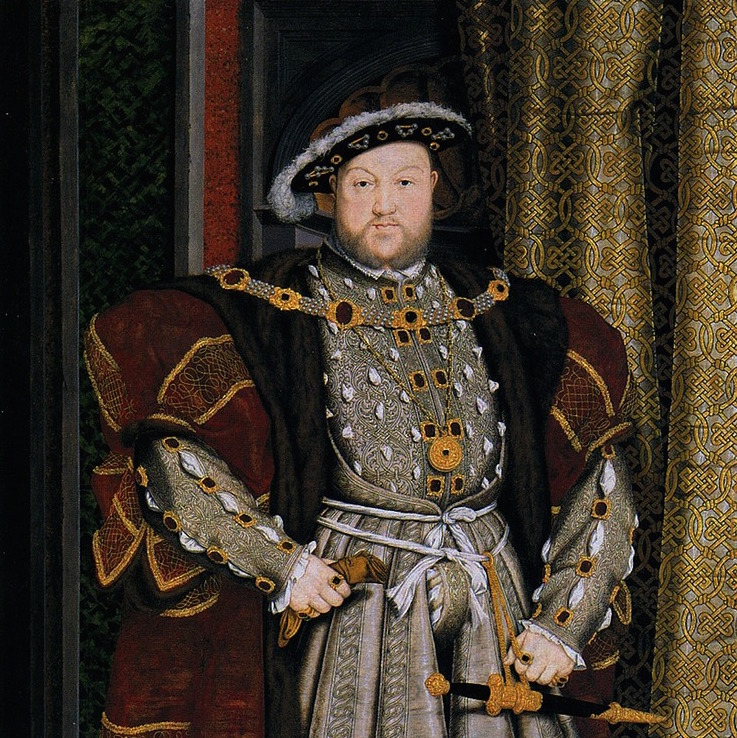It was in college that I first learned the peril of reasoning from first principles.
Rene Descartes, frustrated with the decadent tradition of scholastic philosophy (which admittedly was in serious straits in his day) decided to reboot philosophy altogether. Spurning that which went before, he started over; and he decided to proceed by trying to identify that first principle or principles about which he could not help but be absolutely certain. About every proposition he said, in effect, “If in doubt, throw it out. For now. If it turns out to be true, we’ll reason our way back to it later.” It isn’t that he disbelieved the ideas he threw out; but he was trying to find the rockbottom foundation of rational thought, those things that could not possibly be doubted. On that foundation, he intended to build a clear and distinct structure of rational thought about which there could be no dispute.
As everyone knows, the first principle he eventually settled on was cogito ergo sum, I think, therefore I am. He built quite a structure of thought on that one slender point; but he didn’t end all dispute. Others disputed his choice of starting point, and picked a different first principle, and got to a different place; and eventually philosophers began to embrace all manner of absurd conclusions, any one of which should have indicated that their premises were mistaken. The sticking point for me, back in college, was David Hume; if I believe Hume, then I can only know what my senses tell me, and I can’t trust my senses, and so I can’t really know anything for sure. This is nothing more than highly sophisticated hogwash. (I am probably not being entirely fair to Hume; his position is probably somewhat more subtle. He’s still wrong.)
The problem here, I think is that reasoning about the world from first principles as a way to understand it is a fundamentally flawed procedure—because the world is a complicated place, and your set of first principles is almost certainly going to leave out something important. Let me give some examples.
Mathematics is the realm of human reason and logic par excellence. In no other field are the endeavors of deduction and proof more highly developed, more certain, or less controversial. Mathematical reason proceeds from first principles to conclusions; but even in mathematics, such reasoning is limited.
In the early 20th century, various mathematicians (notably Bertrand Russell) attempted to come up with a set of axioms and postulates (i.e., first principles) from which all of number theory could be derived. They called this property “completeness”: given this specific set of principles, you should (given time) be able to prove any statement in the field of number theory. And then Kurt Gödel proved that this effort was fruitless: for any given set of principles, there were going to be true statements of number theory within the range of those principles that could not be proven only from those principles.
The point is that even in one subfield of mathematics, that most rigorous of disciplines, human reason is limited, and reasoning from a particular set of principles is guaranteed to leave things out.
This is not to say that first principles are not important; they are. Cogito ergo sum is certainly true. But human knowledge is not limited to statements of indisputable universal truth. We have many sources of knowledge, and not least the world around us. I doubt I need to spend any time proving that the world around us is an important source of knowledge, not when the fruits of science and technology are all around us.
Descartes chose to pretend that he didn’t really know what he knew perfectly well from direct experience of the world; and that’s why he went astray, philosophically. Aristotle, by contrast, took the world around him as a given. And though he had his first principles, such as the law of non-contradiction, he made use of both principles and experience—and in so doing, he and his followers avoided many of the classic problems of modern philosophy.
Many of Aristotle’s ideas are worth rediscovering, in my view; and we’ll be visiting a number of them as I work through Thomas Aquinas’ Compendium Theologiae. Stay tuned!









